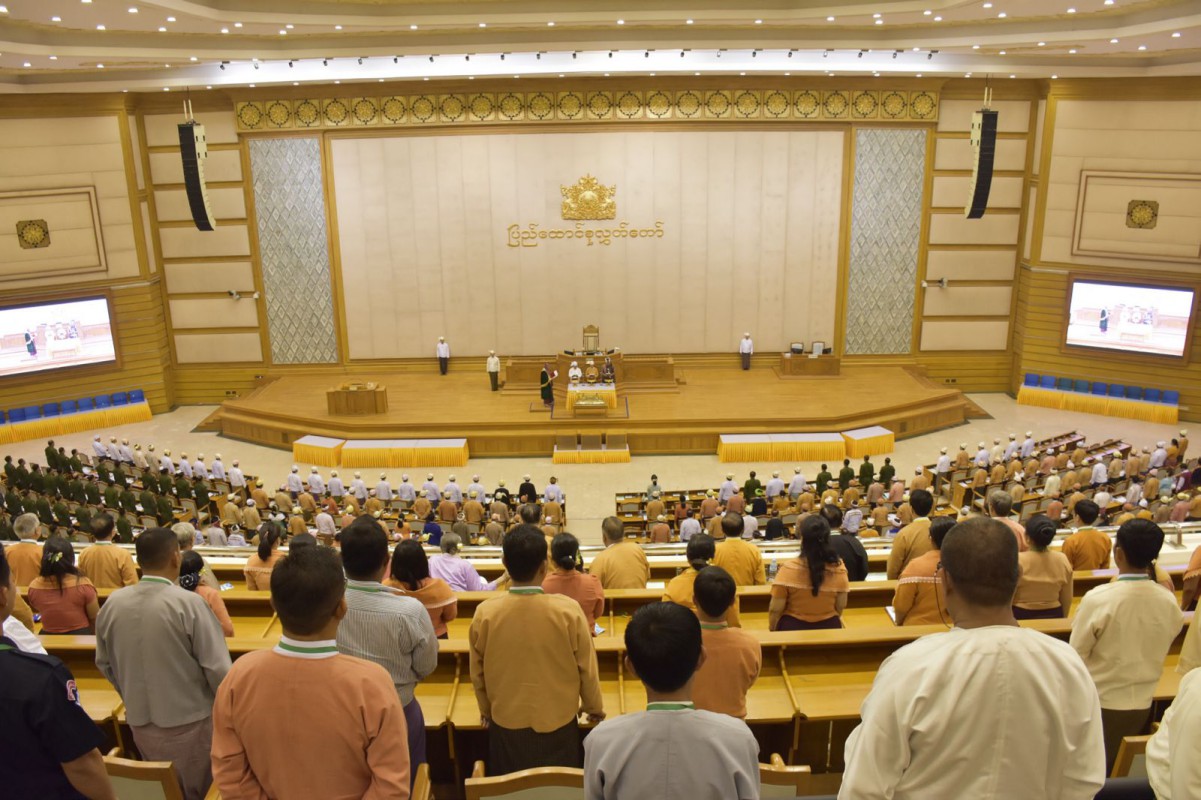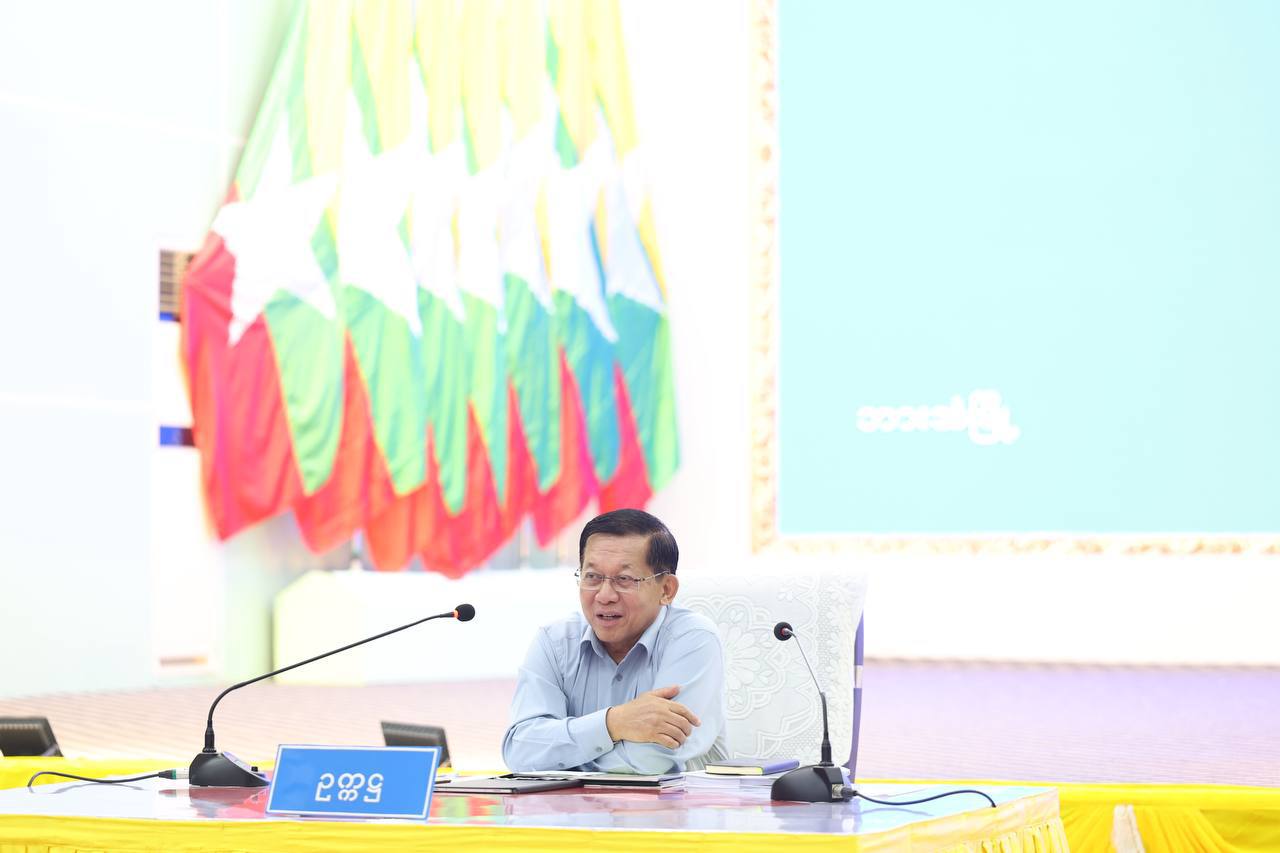CNI News
20 November 2025
With Myanmar preparing for upcoming elections, military and political analysts say that parliamentary (Hluttaw) politics should be rebuilt through cooperation between youth and senior generations.
Election Phase (1) will be held on 28 December 2025, followed by Phase (2) on 11 January 2026, and Phase (3) in the final week of January.
These elections are seen as an attempt to overcome the current political crisis and revive parliamentary politics. Many young candidates are expected to contest.
U Ko Ko Gyi, Chair of the People’s Party (PP), told CNI News that if young parliamentary candidates enter Parliament, their strengths, combined with the wisdom and experience of older generations, will be essential in rebuilding democracy.
He said, “When we propose what we believe is right for the country, sometimes it differs from the views of the ruling government or ruling party. For those who believe in democracy, the political platform has disappeared.Once a parliament emerges, voices representing democracy will reach the legislature and gain some space to speak. From there, the political sphere can be expanded. Young people have innovative perspectives and ideas. If we combine those with our experiences, I don’t see a big generational divide. So if young candidates enter parliament, it’s about combining their strengths with the experience we have gained.”

During a parliamentary session.
On 1 February 2021, the Myanmar military ousted the NLD government, claiming it attempted to form a government without resolving disputes over the 2020 election voter list, and declared a state of emergency.
Since then, parliamentary politics has vanished, and the legislative, judicial, and executive powers have been concentrated under Commander-in-Chief Min Aung Hlaing.
As a result, political parties and pro-democracy advocates are making efforts to revive parliamentary politics through elections.
U Ko Ko Gyi told CNI News that those who believe in political solutions and are entering the elections also share a common approach.

Commander-in-Chief Min Aung Hlaing.
He said, “It’s not only among youth—many citizens are uncertain whether this election will bring meaningful change. Among those participating through elections and political means, there is agreement that problems must be resolved through this electoral and political path. We need to focus on that and build unity. There will always be differences between individuals, but we must negotiate and work through them.”
Commander-in-Chief Min Aung Hlaing has also stated that instead of armed demands, political actors should enter elections under a multiparty democratic system and raise their demands through Parliament. He said he would work toward having a parliament that is respectable.




